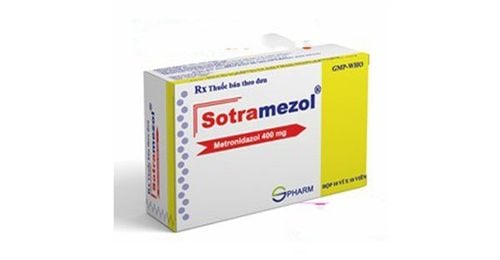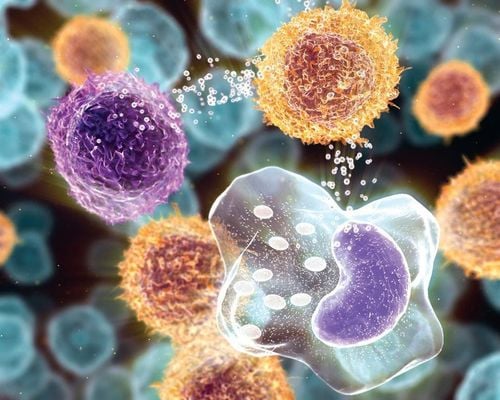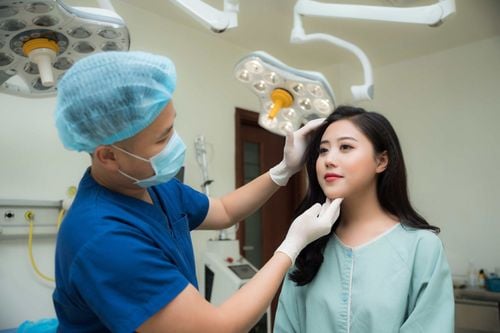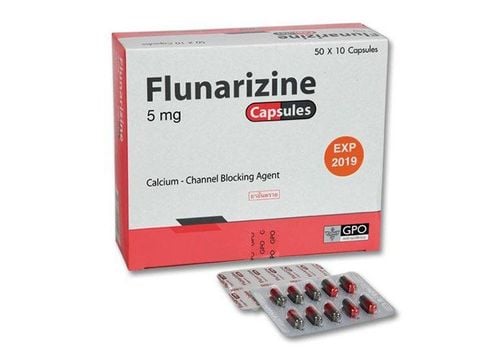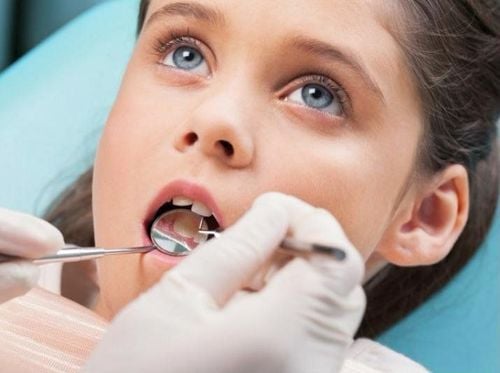Burning lips can cause unpleasant pain in the mouth and face. This condition not only affects appearance but also causes inconvenience in eating, drinking as well as daily activities.
1. What is burning lips syndrome?
Burning lips syndrome is a condition of burning pain, tingling in the lips and mouth, like a real burn. However, most people with this syndrome feel that the above condition often starts to appear on the tongue (mainly the tip of the tongue), then the entire palate, including the gums and lips are also affected.
In addition to burning, the patient also has a dry mouth, a change in taste, mostly bitter or feels like they are swallowing metal. These symptoms can appear and last all day, starting from waking up at a mild level and then progressing more severely during the day.
2. Causes of burning lips and mouth
2.1. Secondary burning of lips and mouth
It is necessary to distinguish between secondary and primary causes of burning lips and mouth. Possible secondary causes of burning, itchy lips, dry mouth or altered taste include:
Infection.
Lack of nutrients and blood in the body.
Type 2 diabetes.
Mouth ulcers due to a weakened immune system (lichen planus).
Stomatitis or dry mouth due to impaired salivary gland function (xerostomia).
Side effects of medications (ACE inhibitors, antidepressants).
Candida, yeast, thrush.
Wearing dentures.
Gastroesophageal reflux.
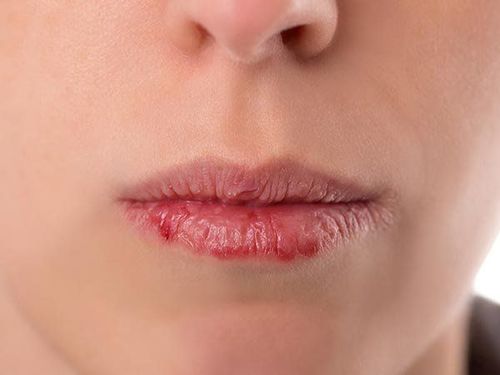
2.2. Primary burning of lips and mouth
The cause of primary burning lips is believed to be due to neuropathic pain. The exact mechanism that causes this pain is not yet clear. Some studies suggest that it may be due to damage to the trigeminal nerve (the main sensory nerve of the head and neck), but other studies suggest that the nerve fibers at the tip of the tongue are damaged and become overly sensitive.
According to Dr. Sook-Bin Woo of Harvard Medical School, many patients with burning lips syndrome have psychological problems such as depression or excessive anxiety. This condition becomes chronic and affects many health problems such as fatigue, irritability, and poor sleep.
In particular, anxiety and stress can lead to dry mouth and even burning. Underlying psychological problems have activated nerve fibers and caused this discomfort.
To better understand primary burning lips and mouth neuropathic pain syndrome, Dr. Sook-Bin Woo explains that it is a form of chronic malabsorption disorder, when a person has emotional and psychological problems for a long time, which can manifest through physical diseases.
Many studies have shown that the brain, skin, endocrine and immune functions in the body all play a role in causing this complex disorder.
On that basis, to accurately diagnose the cause of burning lips and mouth, in addition to clinical examination, the doctor will ask the patient about the food they have eaten recently, medical history, life, work and family problems to find out if the patient is worried, stressed or facing any psychological problems.
3. Treatment of burning lips syndrome
When experiencing burning pain in the lips and mouth for a long time, the patient should see a doctor immediately. To diagnose and determine the cause of the disease, the doctor will ask about the medical history, check the clinical symptoms in the mouth and overall health. The doctor may also request blood tests, allergies, tissue cultures or biopsies.
Treatment of burning lips syndrome is mainly symptomatic, including the use of medications and therapies to help control stress, specifically:
Medicines to treat anxiety disorders, antidepressants and seizures: In addition to the effect of treating neurological disorders, the drug is also effective in treating burning lips syndrome but at lower doses.
Capsaicin: This is a heat-generating compound of hot peppers, has a desensitizing effect and is used to reduce many different types of pain. This compound will neutralize the pain signal transmitter in nerve cells.
Alpha lipoic acid (ALA): This is an antioxidant with neuroprotective effects. Studies have shown that ALA has the effect of reducing the symptoms of burning lips and mouth.
Stress management therapy: Chronic disorders such as burning lips and mouth syndrome have a complex relationship with frequent anxiety and stress. Anxiety can be both a cause and a consequence, so patients need to be treated with stress management therapies such as exercise, yoga, meditation or psychotherapy. In some experiments, cognitive behavioral therapy has been shown to help reduce the symptoms of burning lips and mouth.
In summary, burning lips and mouth syndrome is related to a disorder that causes pain. The syndrome is little known, but it actually has many effects on women, especially in middle-age. Although it is not dangerous to health, burning lips syndrome can make the patient feel uncomfortable as there is always a burning sensation on the lips. Therefore, as soon as you notice symptoms of burning lips syndrome, you should go to a medical facility for examination and treatment.
Please dial HOTLINE for more information or register for an appointment HERE. Download MyVinmec app to make appointments faster and to manage your bookings easily.
Reference source: health.harvard.edu




